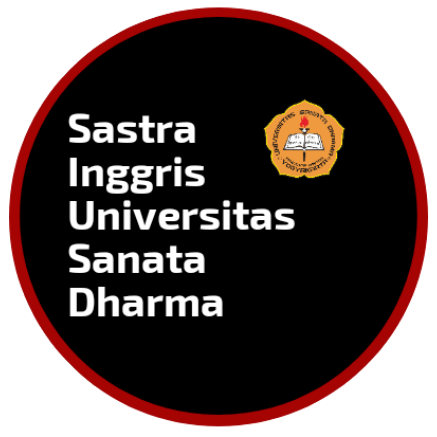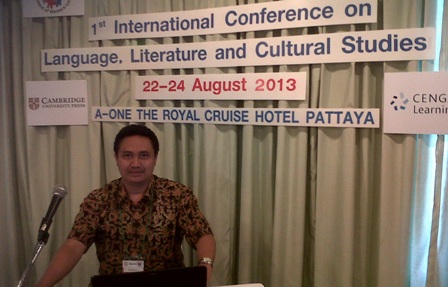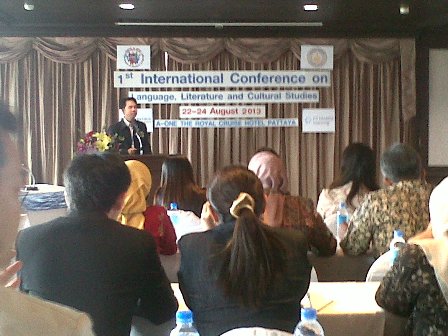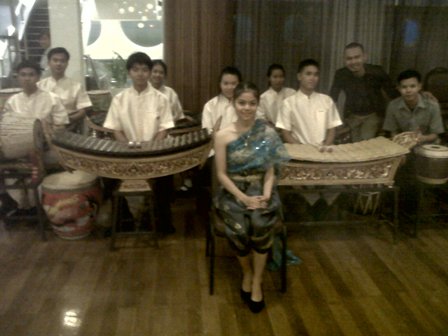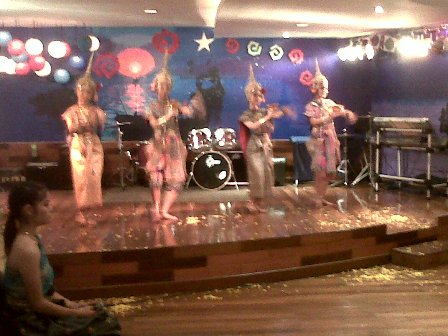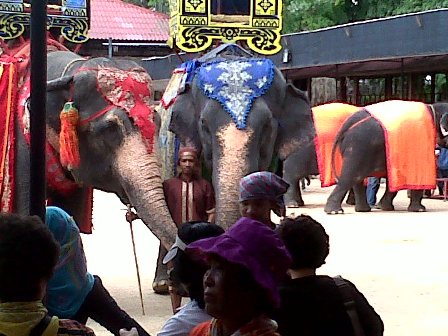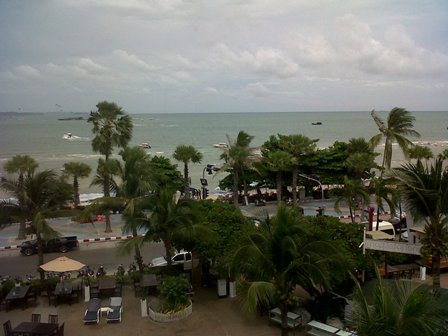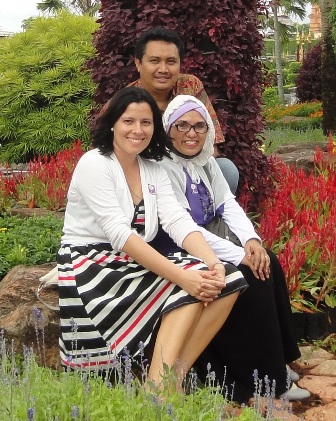News
Colonialism and Christianity
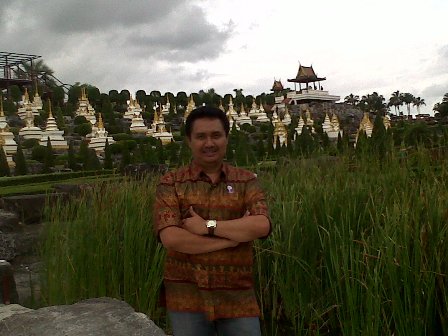
“Christianity and colonialism experience three types of relation. It can be in complicity, non-involvement, and hostility”, explained Tatang Iskarna, a lecturer of the Department of English, Faculty of Letters, USD in “The First International Conference on Language, Literature, and Cultural Studies” (23/8) held by Department of Western Language, Faculty of Humanities, Burapha University 22 – 24 August 2013 in Pattaya , Chonbury, Thailand. Colonialism is often associated with three elements, the explorers who give geographical information, missionaries who approach the local people culturally, and the colonial administrators who rule the colony. Presenting an article entitled “Christianity and Colonialism in (Post) Colonial Literature, Tatang tried to explore how Christianity was constructed and how this construction was more or less influenced by the colonial relation.
It has been noted that the aim of the Europeans’ expansion includes gaining the natural resources, achieving the glory, and preaching the Gospel. However, colonial and postcolonial studies concern much with economic, social, and political hegemony of the West on the East. “Little attention is paid to the direct involvement of Christianity in the colonialism, “ said Tatang. In some studies concerning with the relation between Christianity and colonialism there is critical dialectic amongst historians, anthropologists, Christian missions, or cultural critics. Some argue that Christianity is considered to be the religious arm of colonialism, a few propose that Christianity is spread without any secular ambition as it is viewed as the great commandment of Jesus Christ, and while others state that Christianity give critical resistance against colonialism. However, the relation between Christianity and colonialism cannot be simplified as being in collaboration, being through in their own way, or being in opposition.
As Tatang analyzed the relation between Christianity and colonialism in colonial and postcolonial English literature, he proposed further that Christianity and colonialism shared almost the same paradigm in viewing human being. Europeans justified their colonialism through civilizing project using binary opposition between the West and the East as “civilized” and “uncivilized”, while Christianity used “believers” and “heathen”. However, in some cases Christianity also gave critical opposition to colonialism, and in some other cases Christianity had nothing to do with colonialism as conversion to Christianity was a personal experience that may happen to anyone, whether he or she is a white or black or color.
By the use of colonial and post-colonial literary data, Tatang said that the relation between Colonialism and Christianity was not as simple as how it was commonly debated. According to his research, it was true that in one of the theories on post-colonialism, Christianity in some ways was indistinguishable with Christianity regarding the concept of Western and Eastern-identities polarization having a binary relationship; they were between civilized-barbaric and believer-heathen. “However, it was important to give a remark on the matter that the way how Colonialism used the mask of civilization project did not truly resemble with the spreading of Christianity (Catholicism). In the conversion process into Christianity, it was obviously seen about rationalization, subjectivity, and private reasoning being not able to be imposed on politically”, Tatang explained, referred from the findings from the literature he examined. From the literature he studied on, it was found that a part of the colonized society could separate Christianity and Colonialism. Some of the White figures and missionaries even also gave incisive criticism toward colonialism. Thus, the real things happened was the effort to civilize colonized society by adopting Western culture; in which Christianity were included within, but by making intended acculturation between local and western identities to trigger resistance.
|
|
|
|
For about fifteen countries enrolled in this international seminar, including USA, UK, China, Malaysia, Thailand, Cambodia, Myanmar, Laos, Taiwan, Singapore, Indonesia, Russia, Iran, and Libya. There were three fields offered in this seminar, namely: linguistic, literature, and culture, in a purpose to identify recent issues happened in non-English speaking nations, in relation with the language learning, literature, and culture. This seminar presented two keynote-speakers, named Professor Martha Young-Scholten from Newcastle University, United Kingdom and Professor Ronald Strickland, from Michigan Technological University, U.S.A. There were for about two-hundred participants in this seminar and one-hundred and ninety spokesperson.
|
|
|
|
|
|
|
|
- A Message from English Letters Alumna on May Day
- Dedication and Compassion: The Story of "Mbak Ninik" at Universitas Sanata Dharma
- English Letters Department Universitas Sanata Dharma Participates in the Faculty of Letters’ 31st Anniversary Holy Mass
- Alumni Spotlight: Agathon Hutama Nurturing Universitas Sanata Dharma's Theater Club – Alumni Give Back
- Faculty of Letters USD Announces Poetry Writing Competition: Leadership, Social Justice & Ecological Justice
- Student Committee Meets Up for "ELEVEN" – An English Letters Events and Competitions
- Recording Session Sets the Stage for "Dear Yesterday" - An Original Musical Drama by English Letters Students
- Three Lecturers from Sastra Inggris USD Earn Their PhDs
- English Debate Society (EDS) held an English Debate Training in SMA Harapan Bangsa Balikpapan
- SMM Hosts Movie Watching and Discussion Event: Exploring "Terimalah Laguku" (Djadoeg Djajakusuma, 1952)
- ELMO showcased their skills at Dua Arah Coffee Shop
- INTEGRITY Empowers Aspiring Student Journalists with a Journalism Workshop
- "Sastra Gives Back" Membantu Anak Berkebutuhan Khusus di Yayasan Sayap Ibu Kaliurang
- English Letters Department Delegate in Asian World Model United Nation VI, Thailand
- The New English Letters Student Association Cabinet (2023-2024) is Ready to Serve
- Daily English for Kids at Rumah Budaya Kratonan Solo
- Sastra Gives Back 2022: As Enjoyable As The Summer
- Sastra Gives Back 2022, Providing Learning Assistance And Creating Memorable Experiences
- Internship Story: Marketing Support Intern at Grab (Atthalla Syalsabhila)
- Internship Story: Sales and Marketing Intern at Teorra Singapore (Lalita Tandayu)
